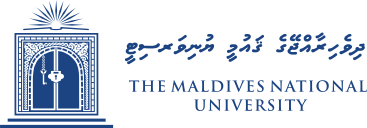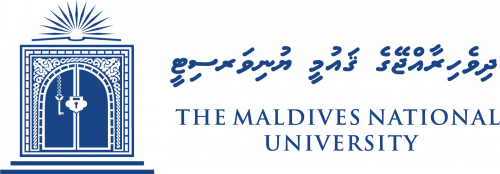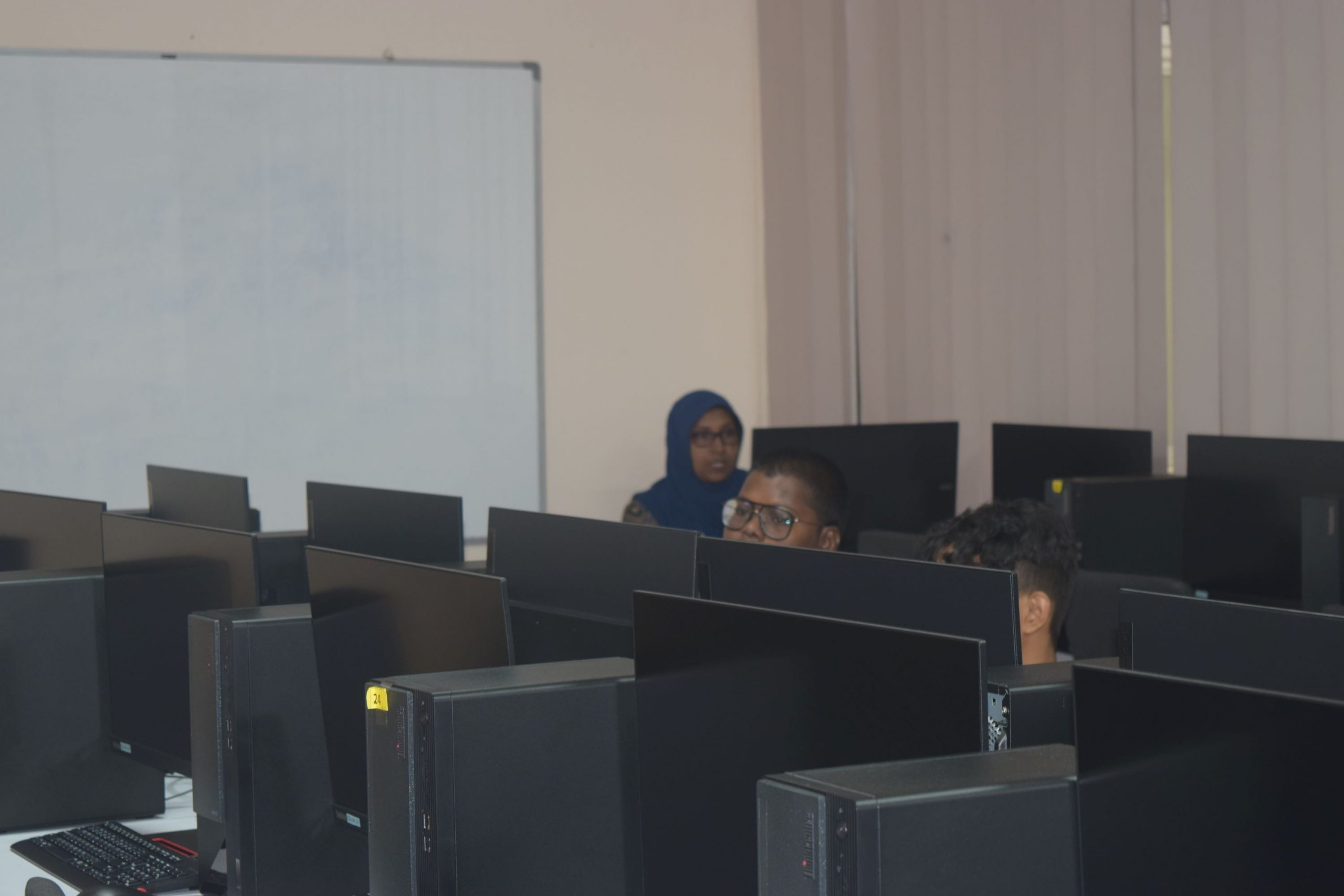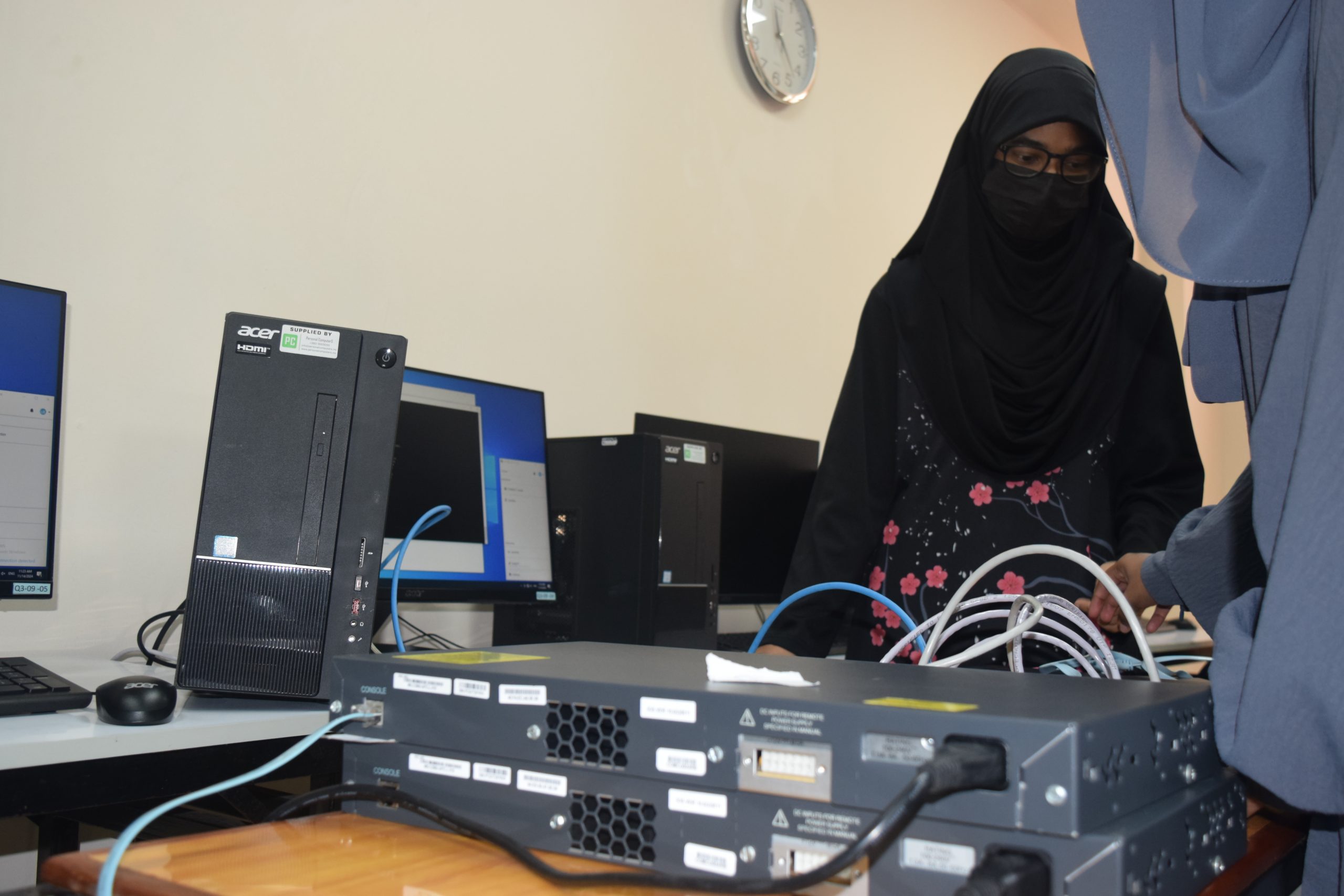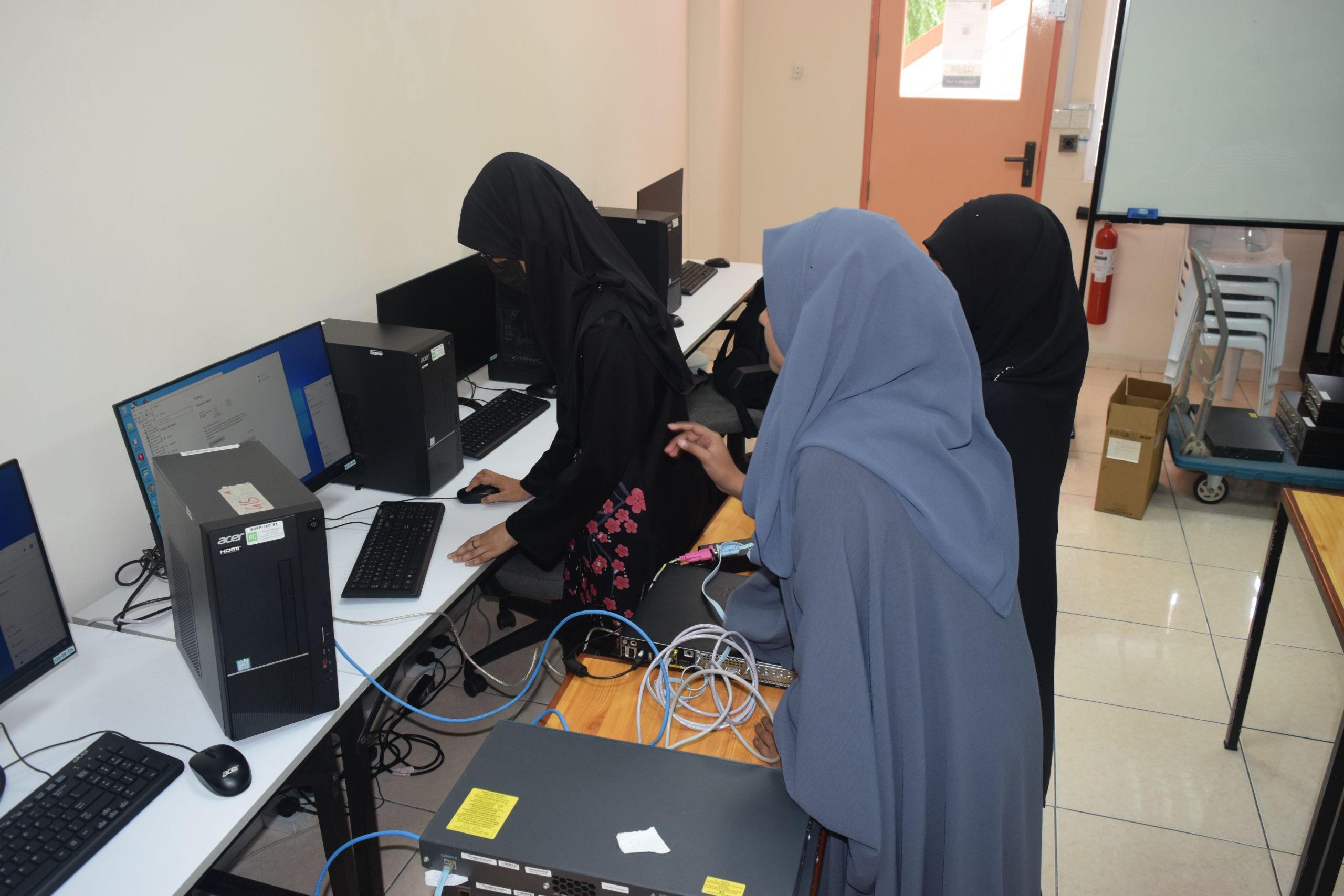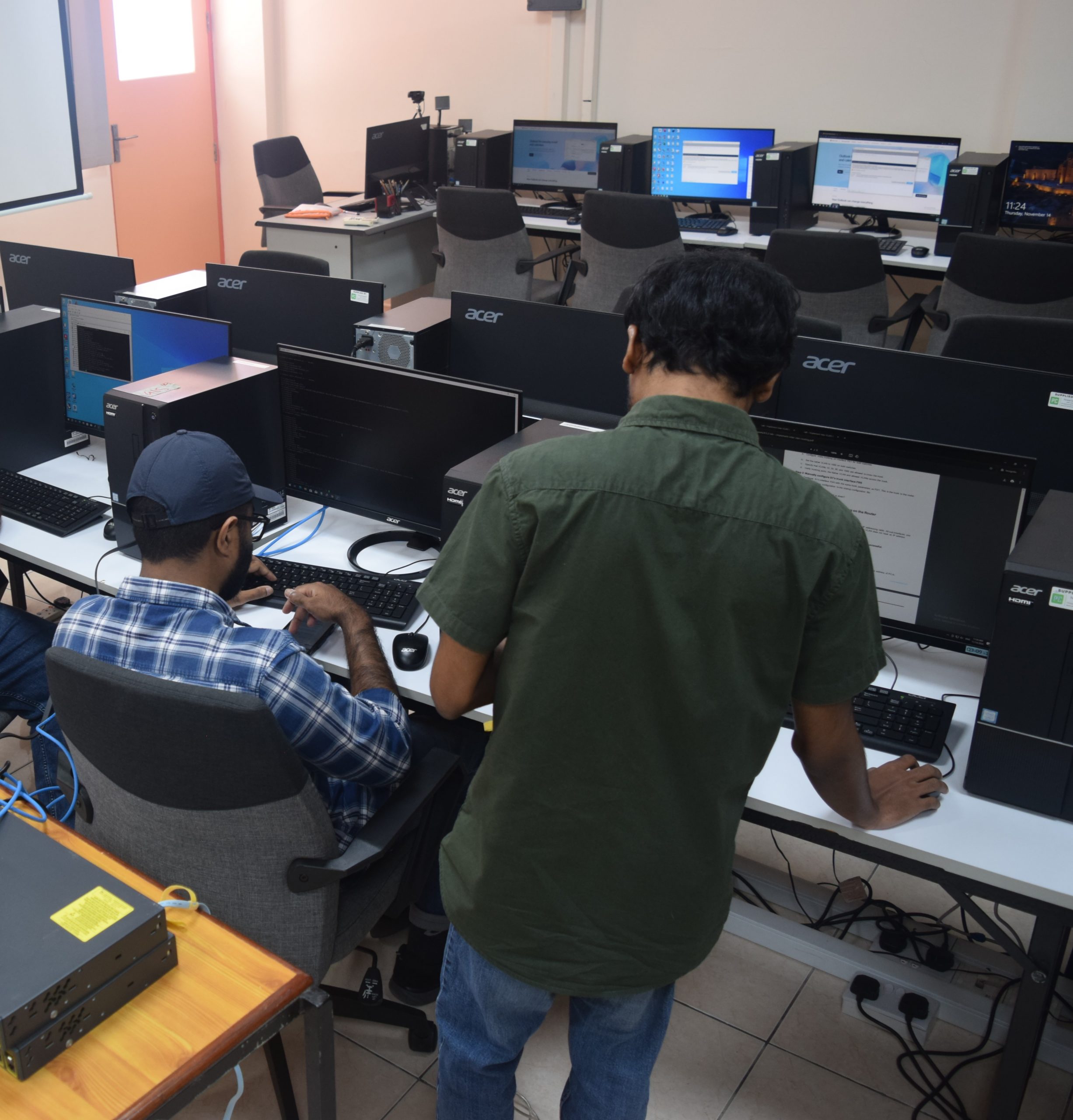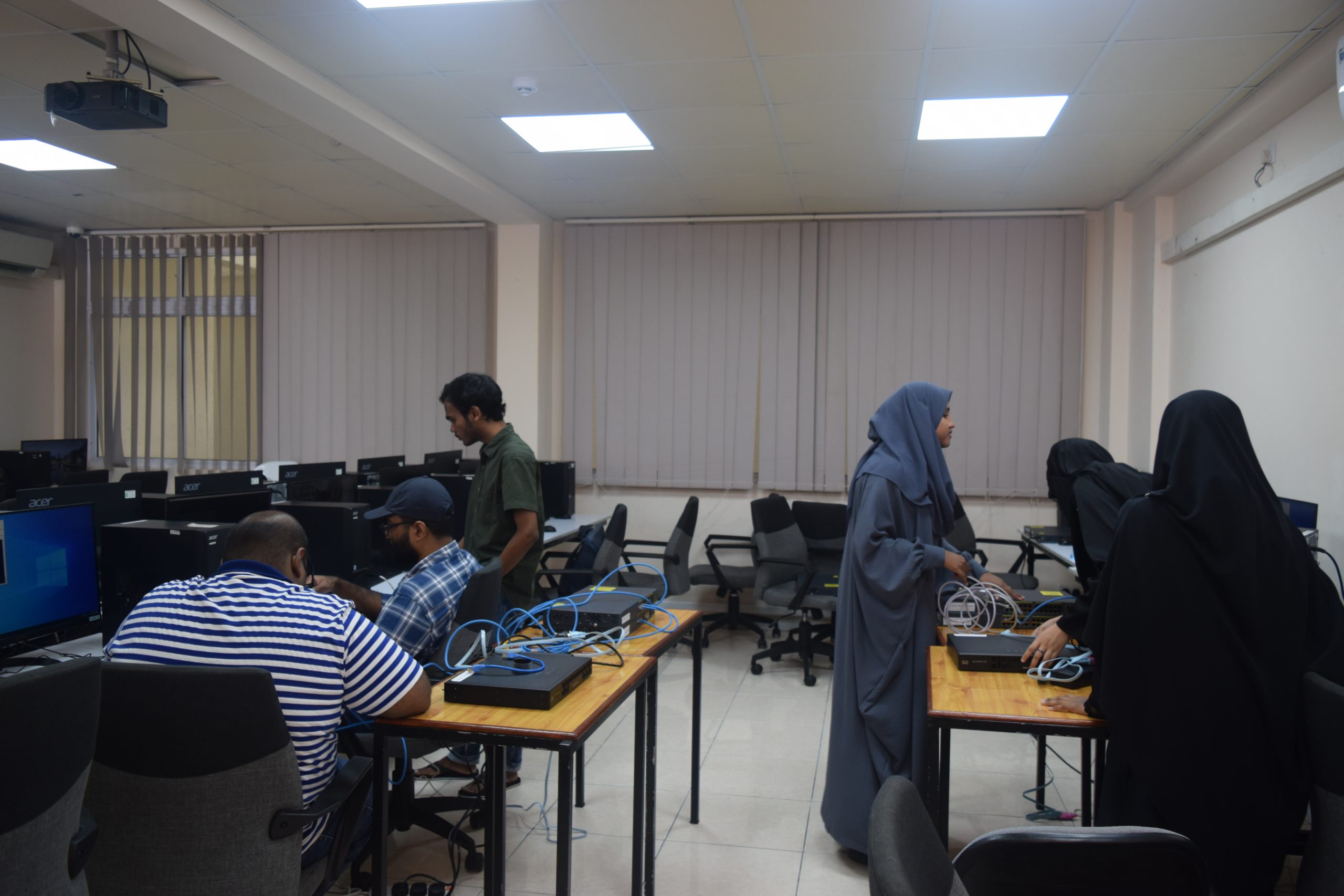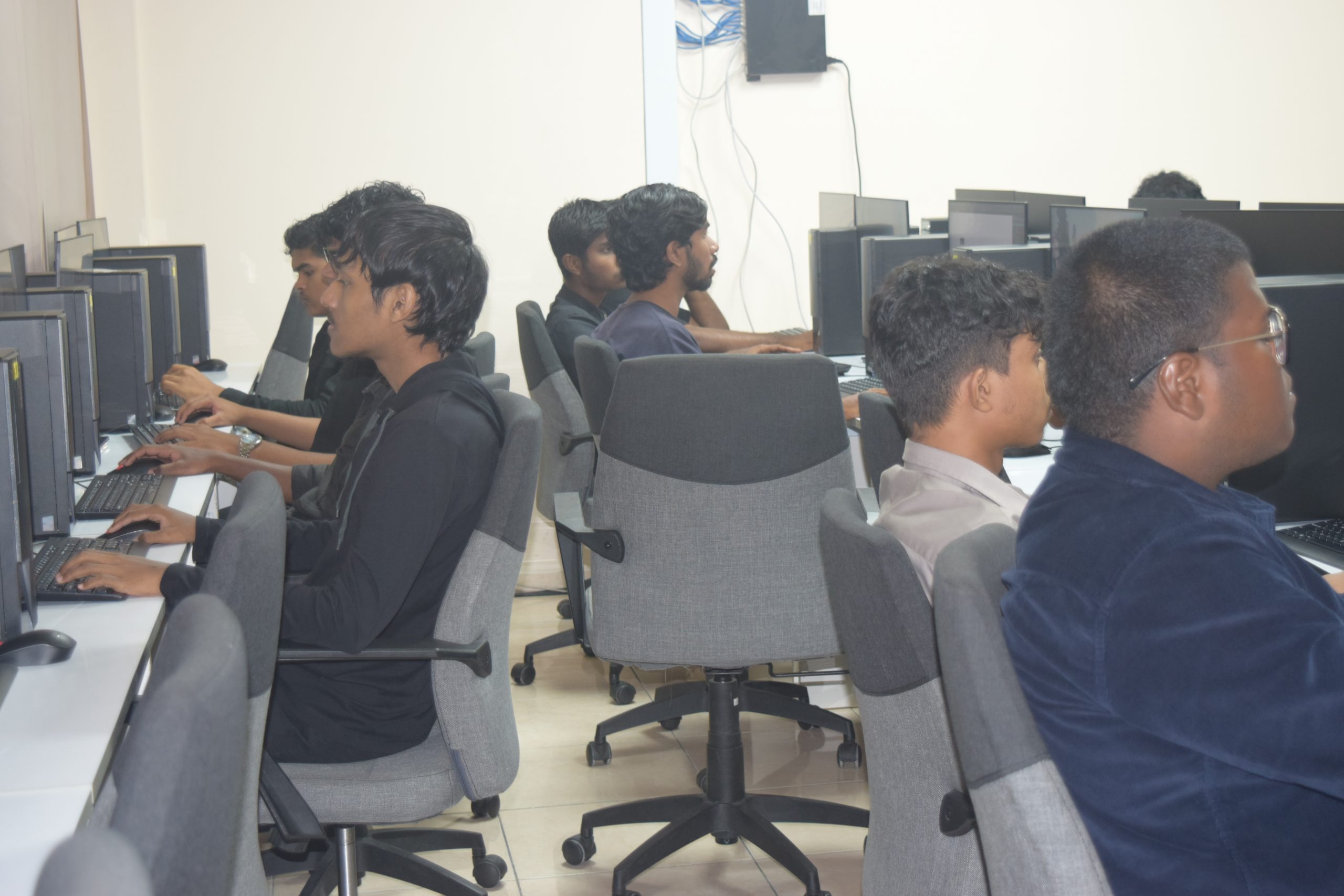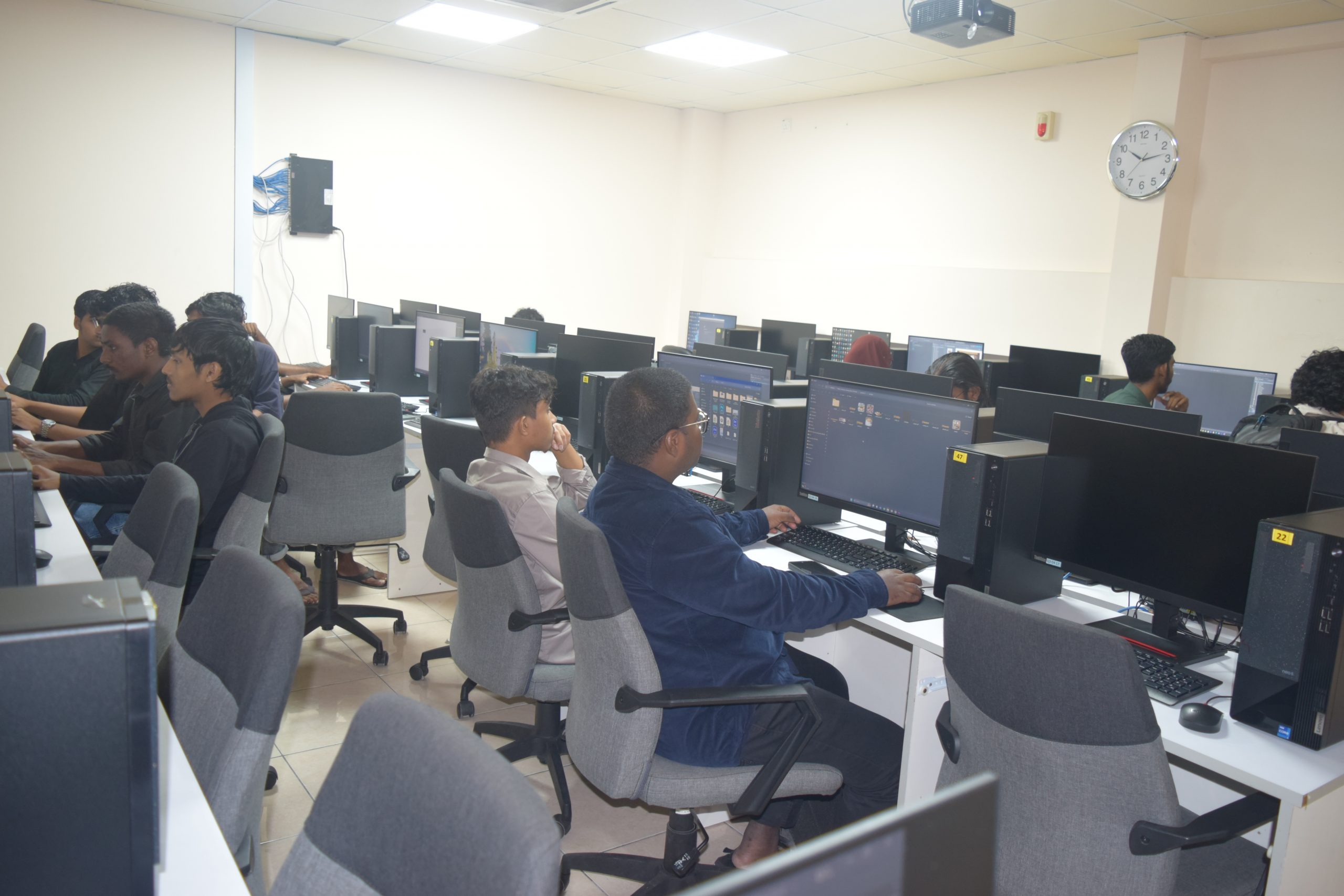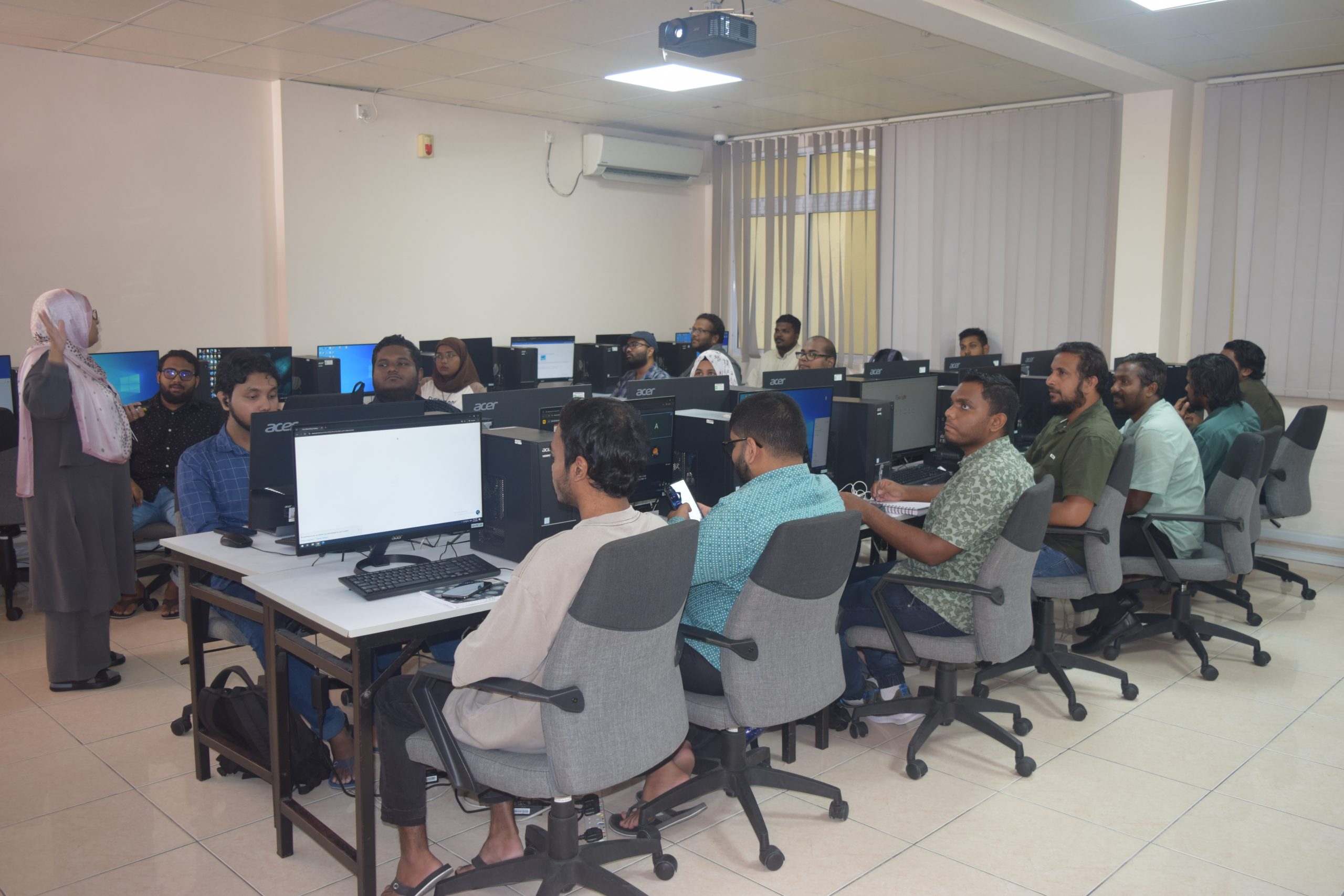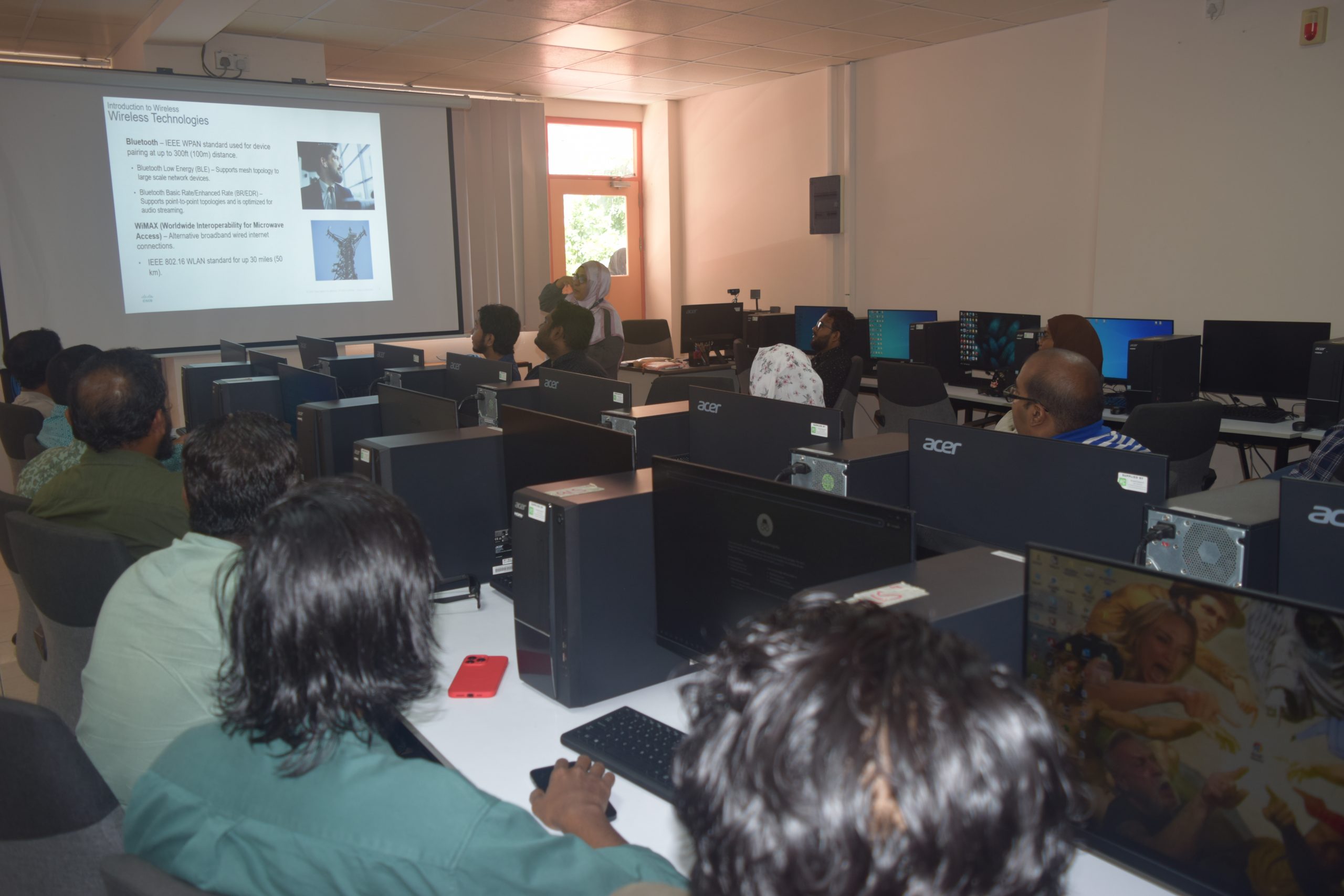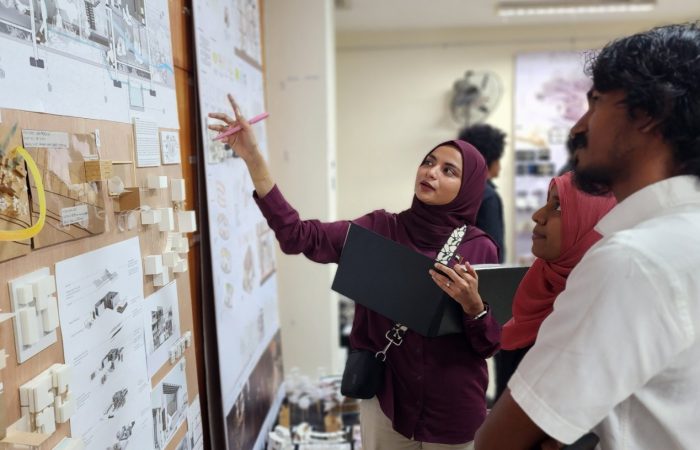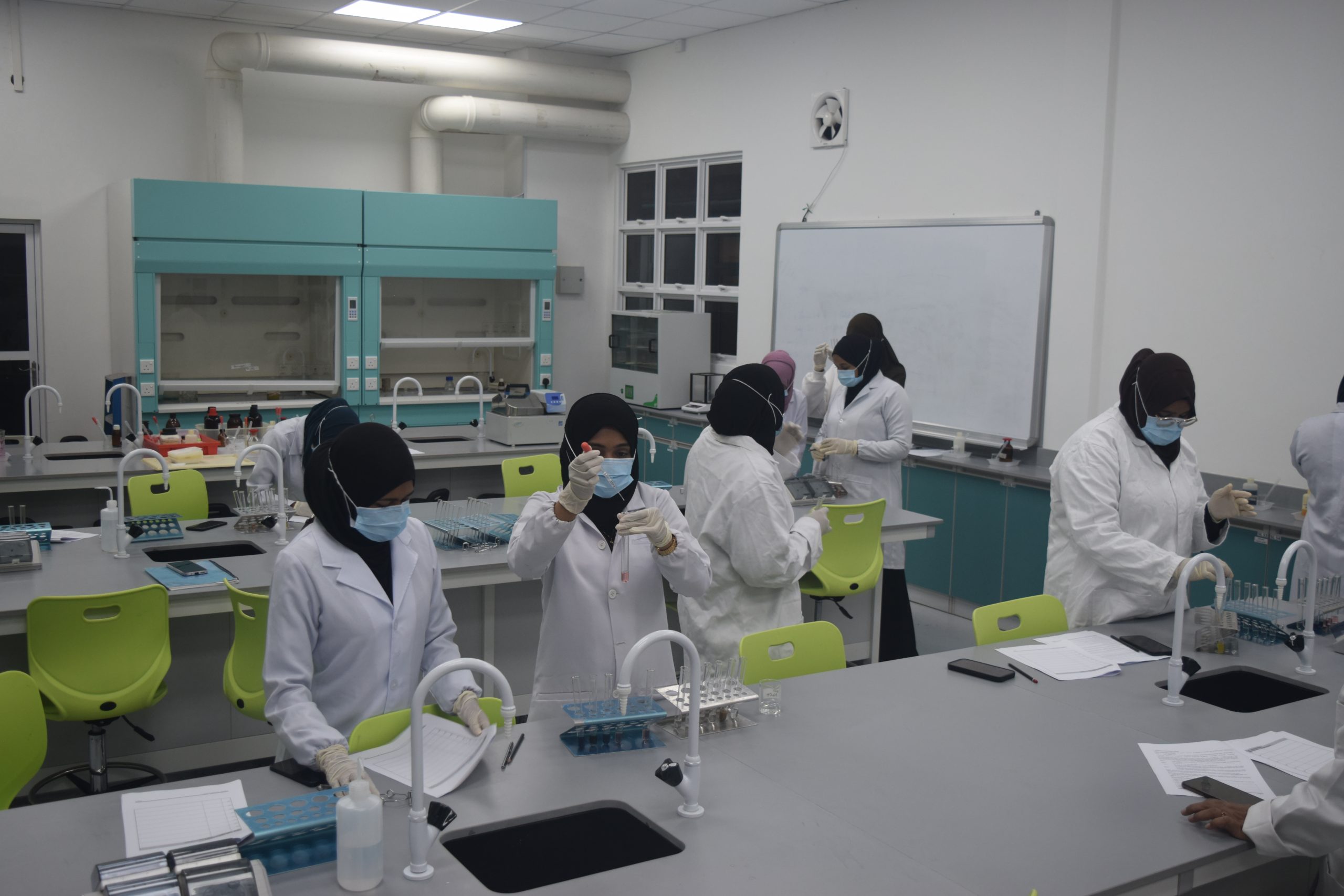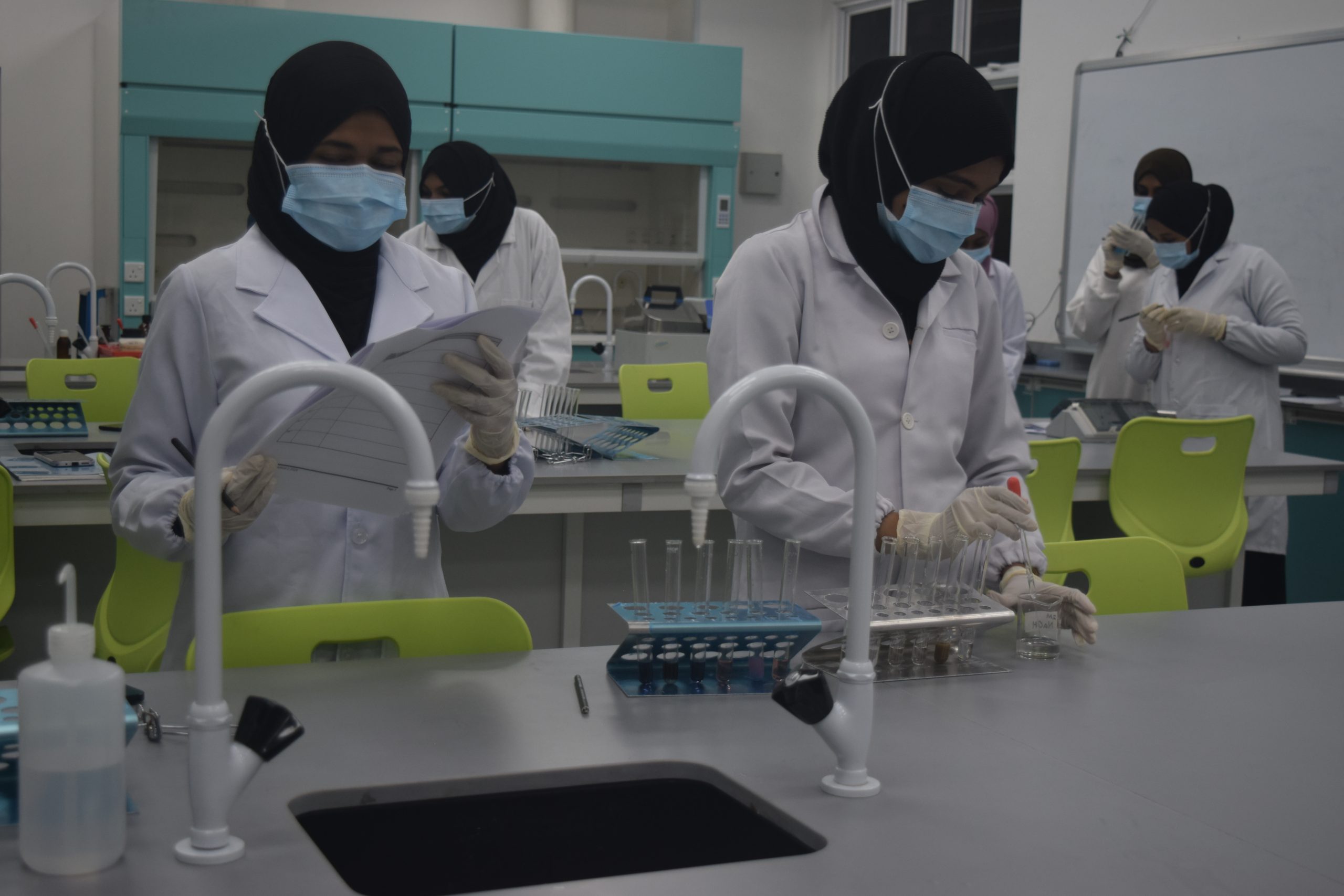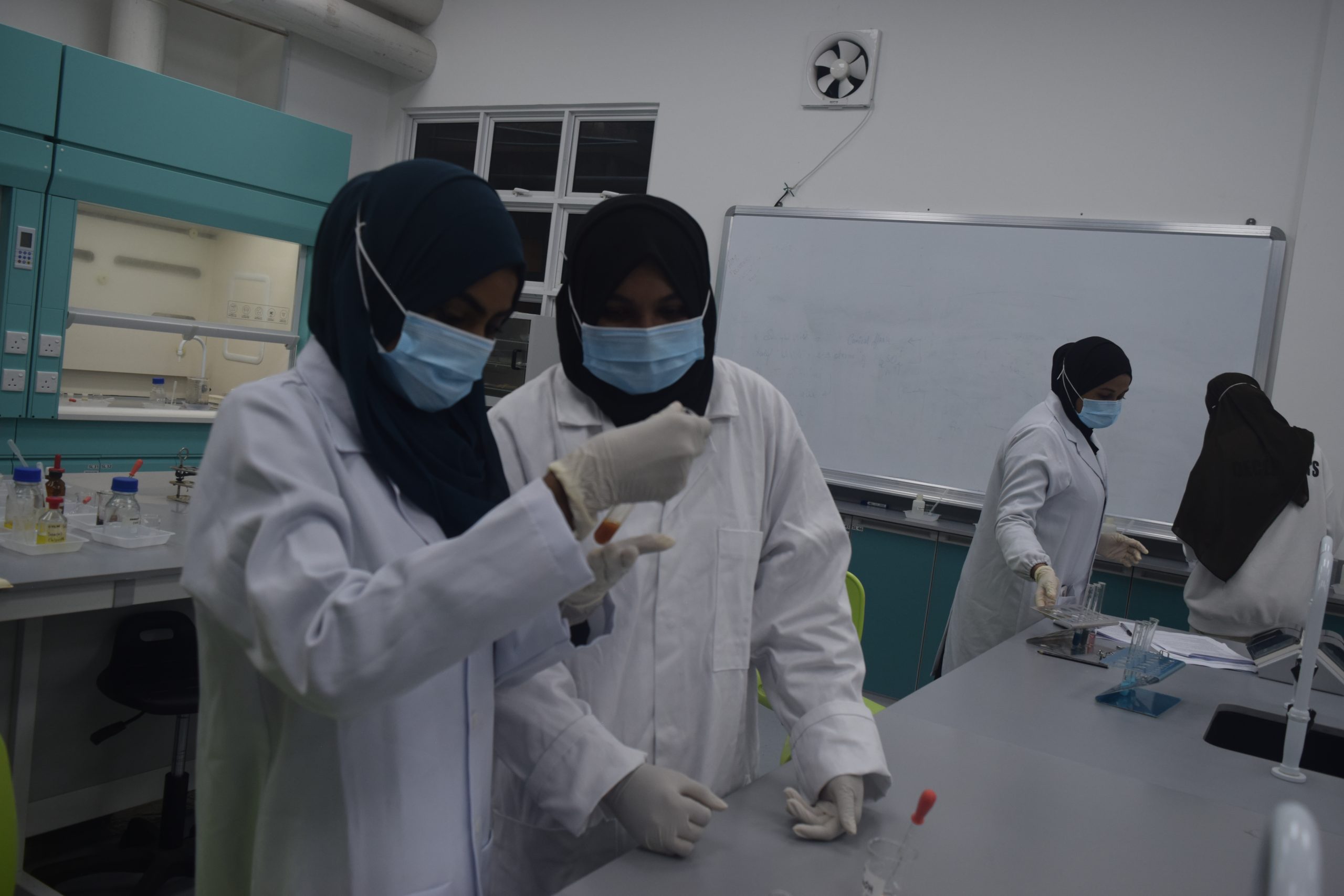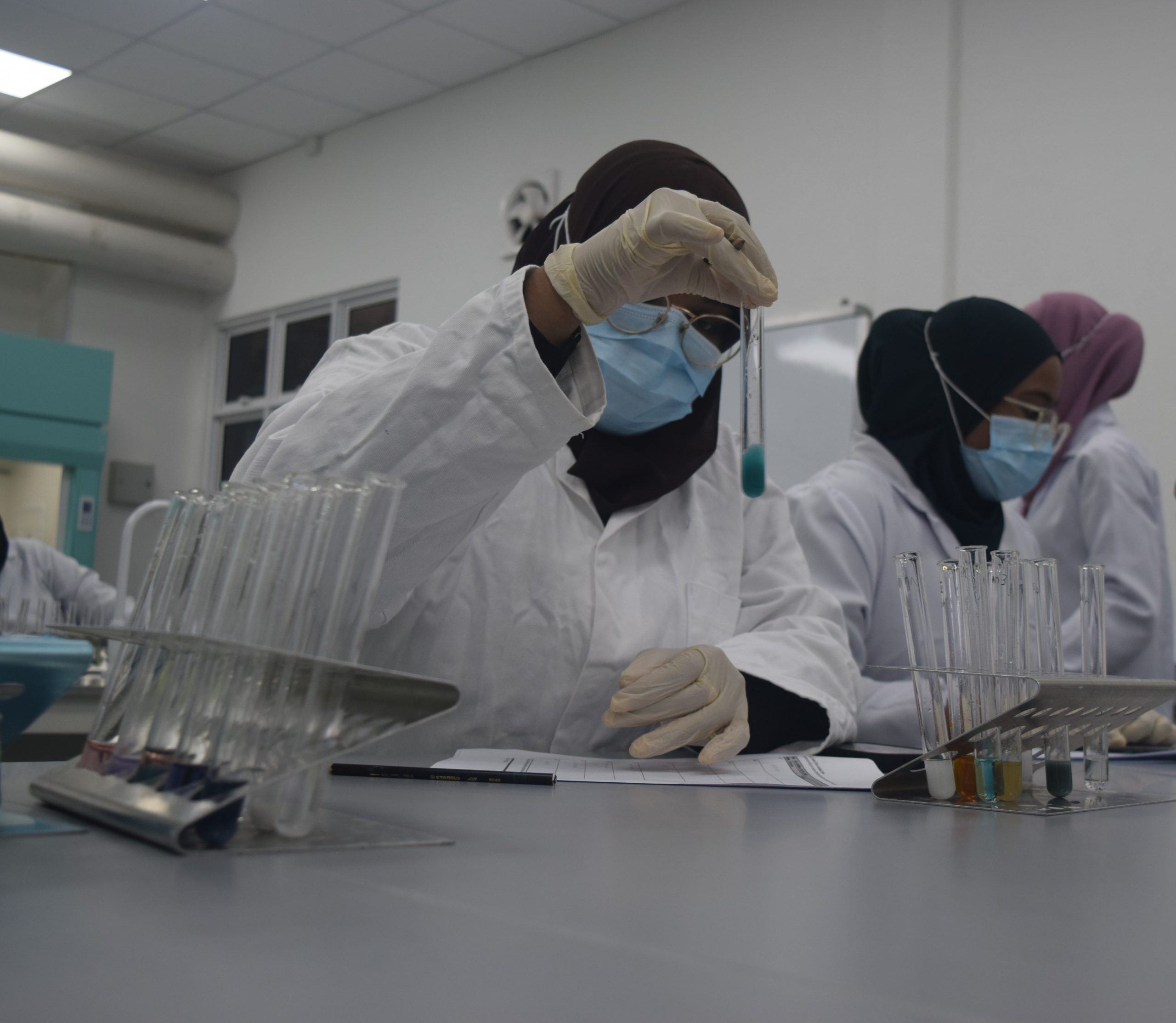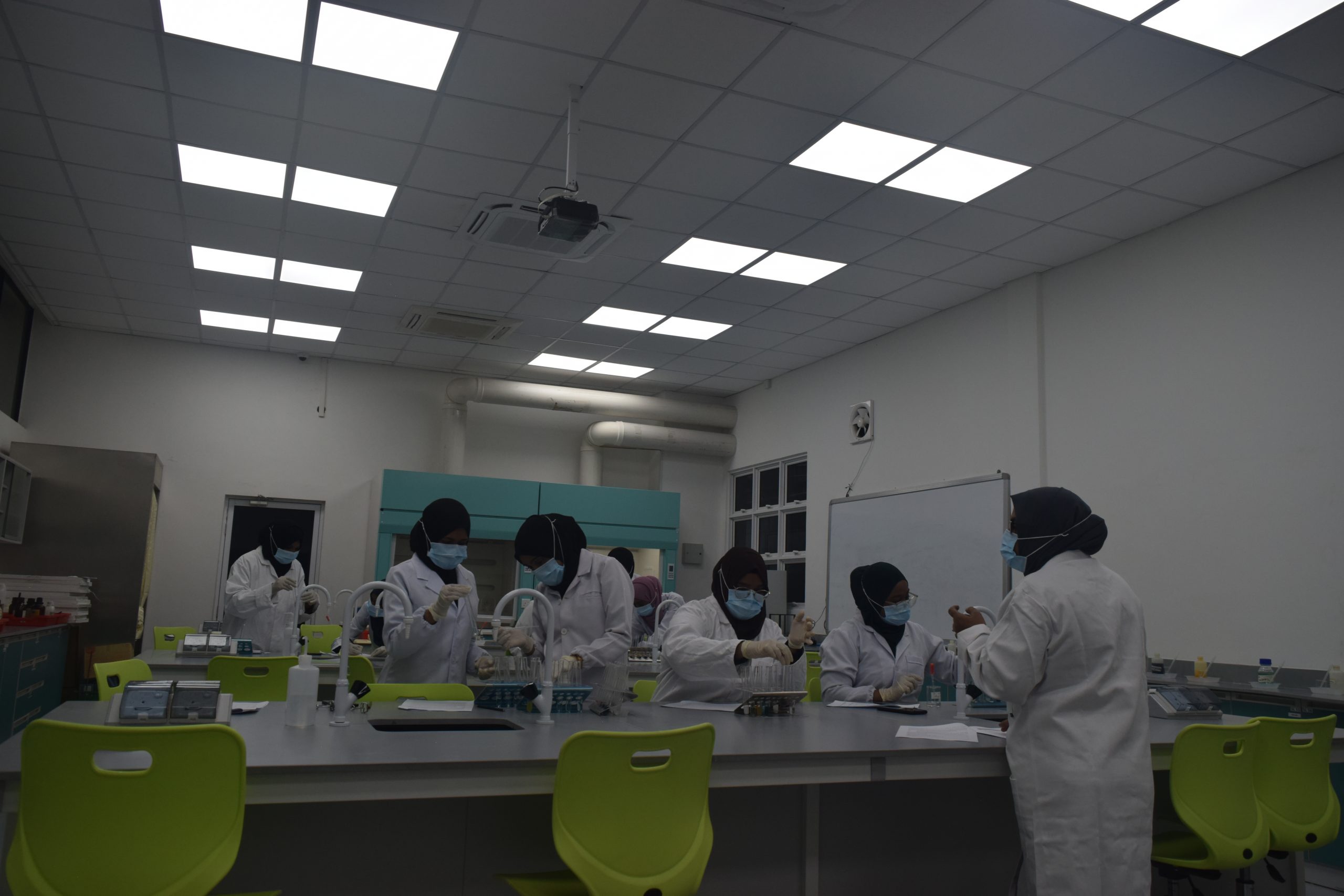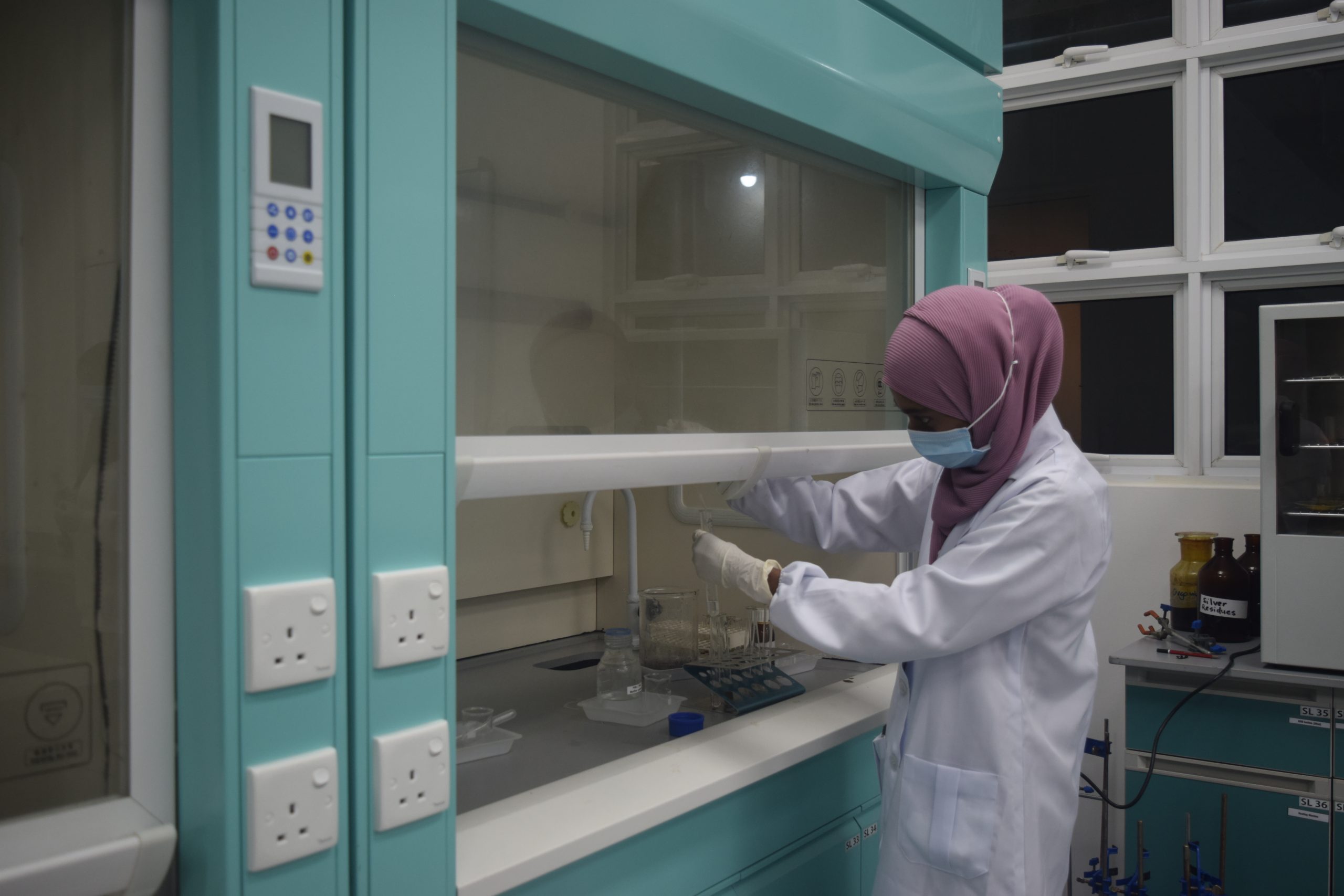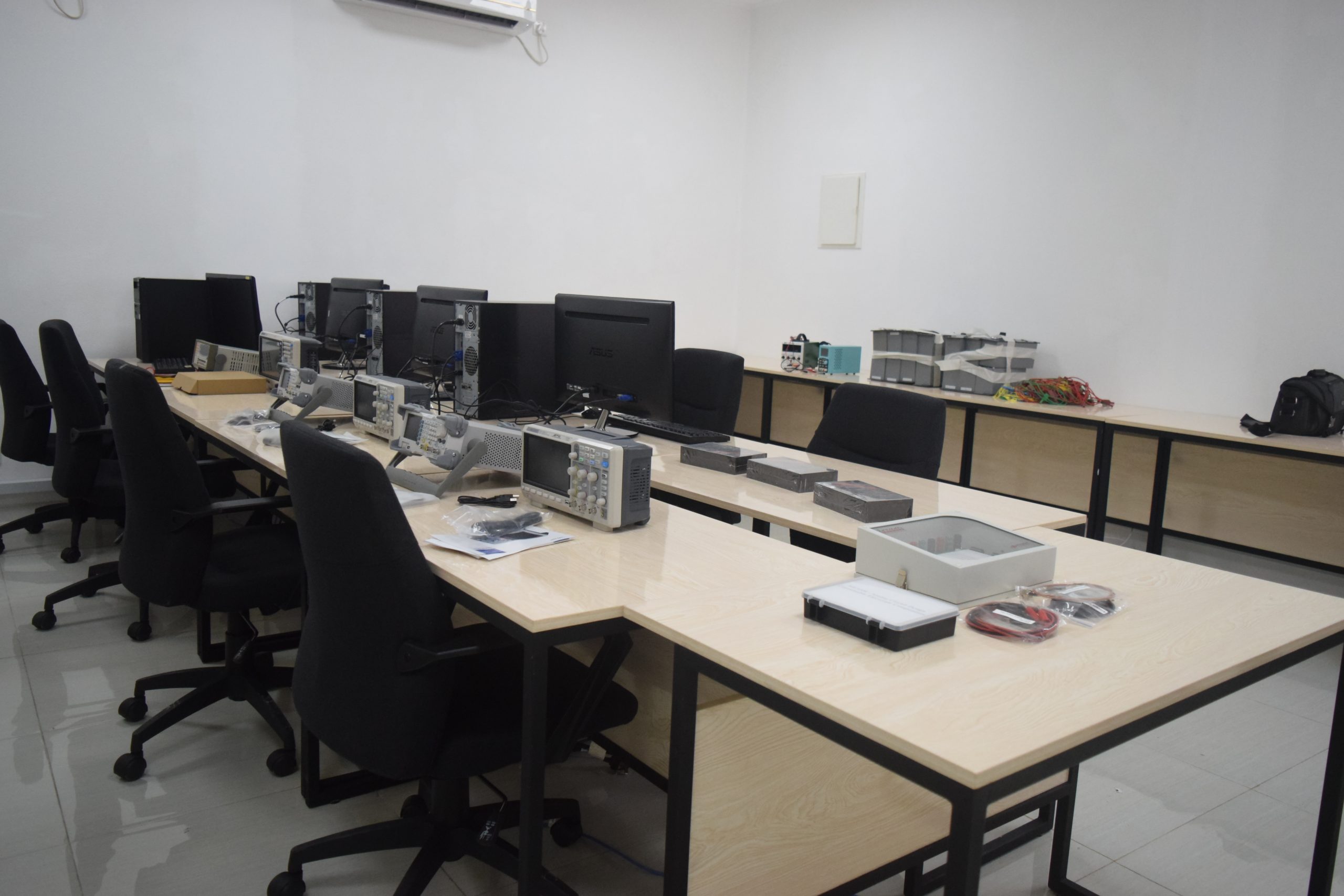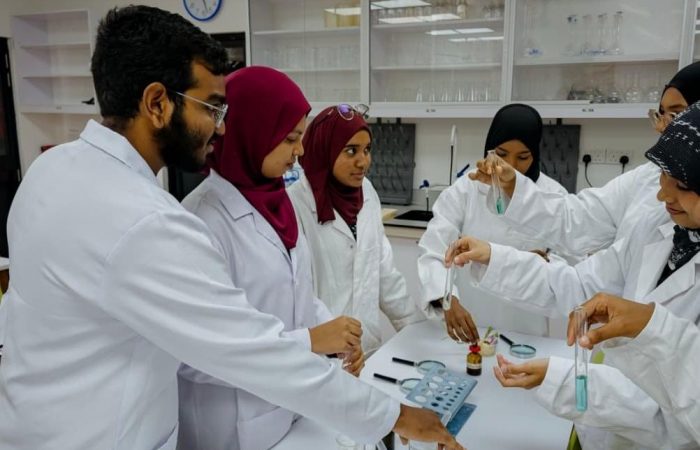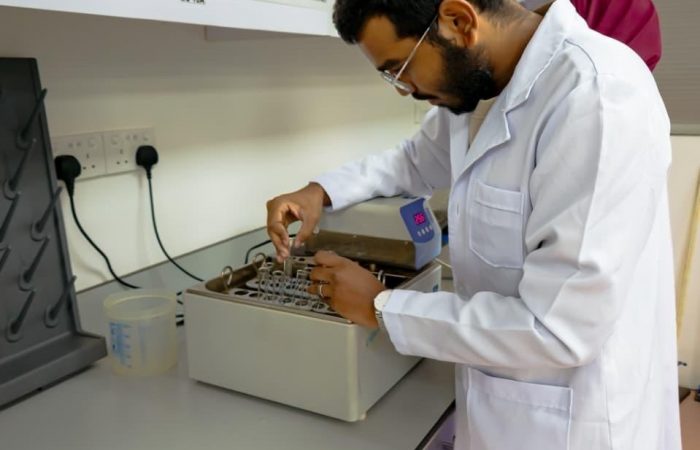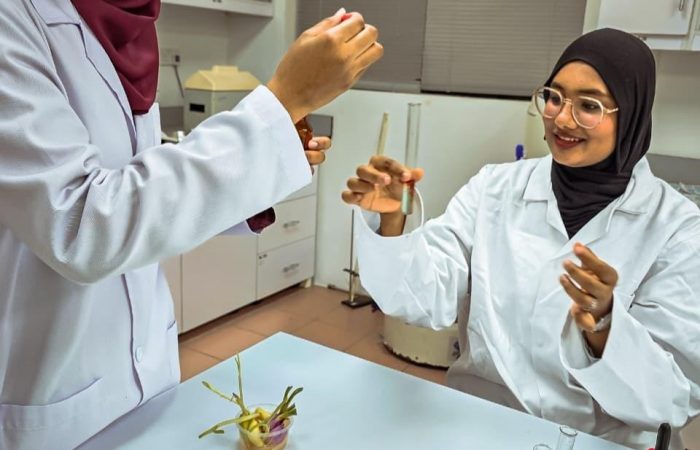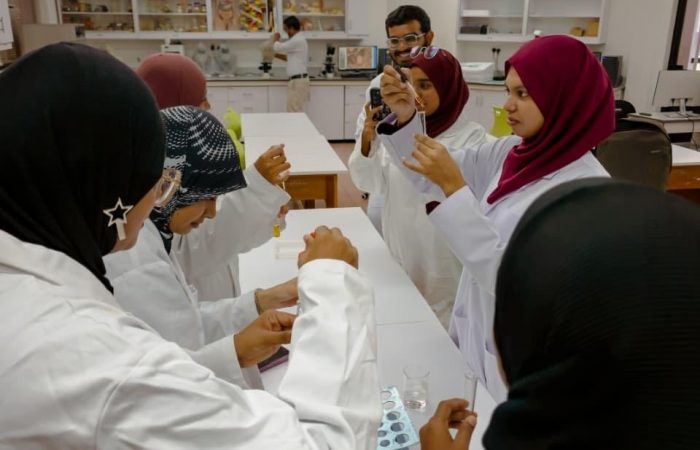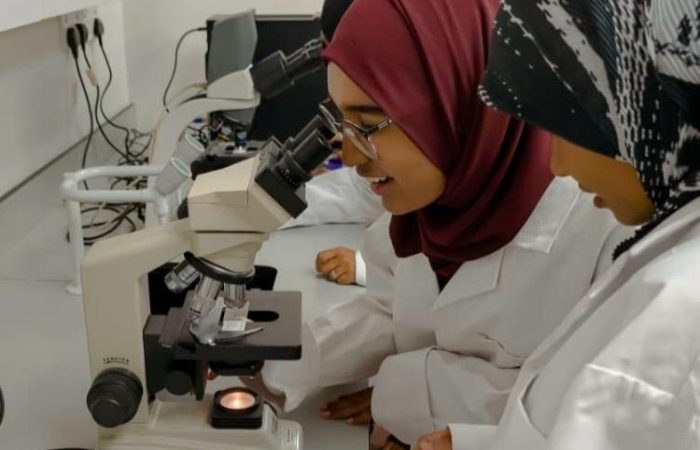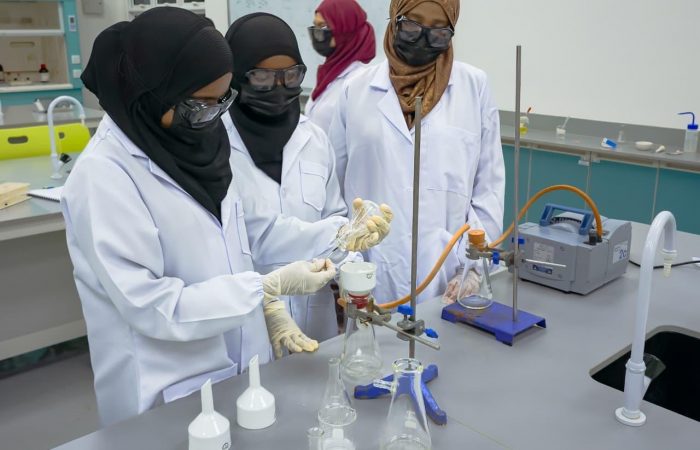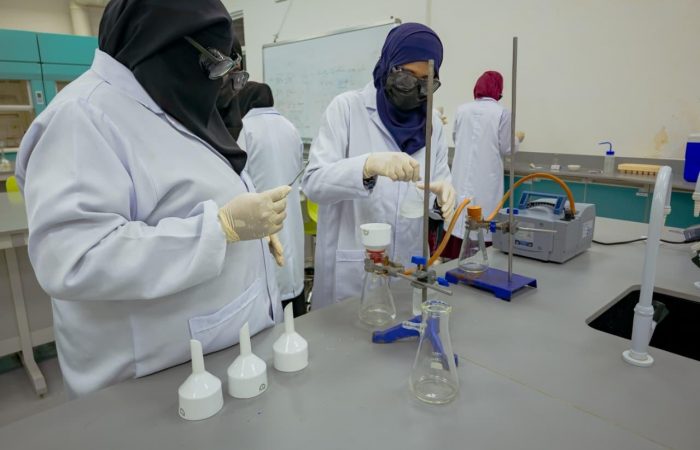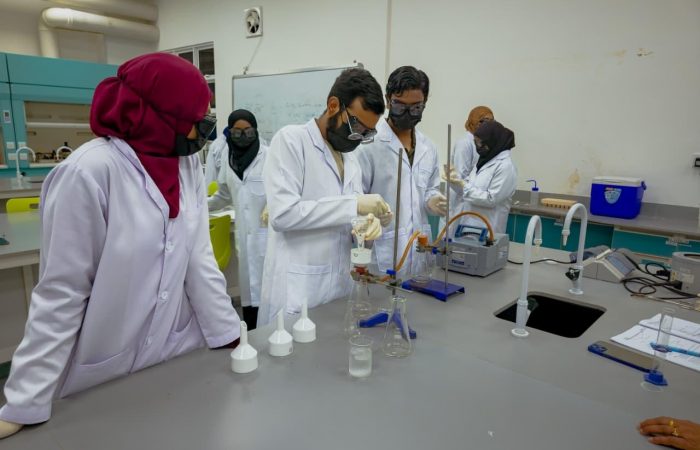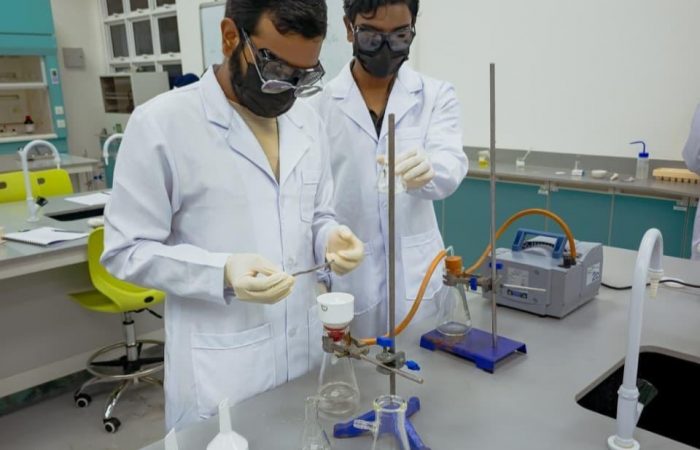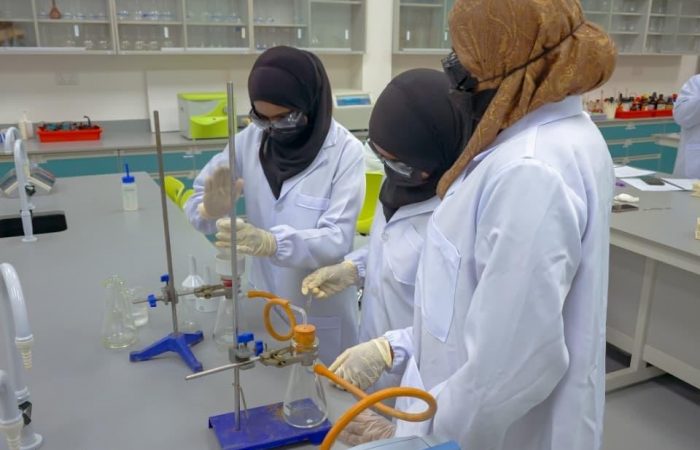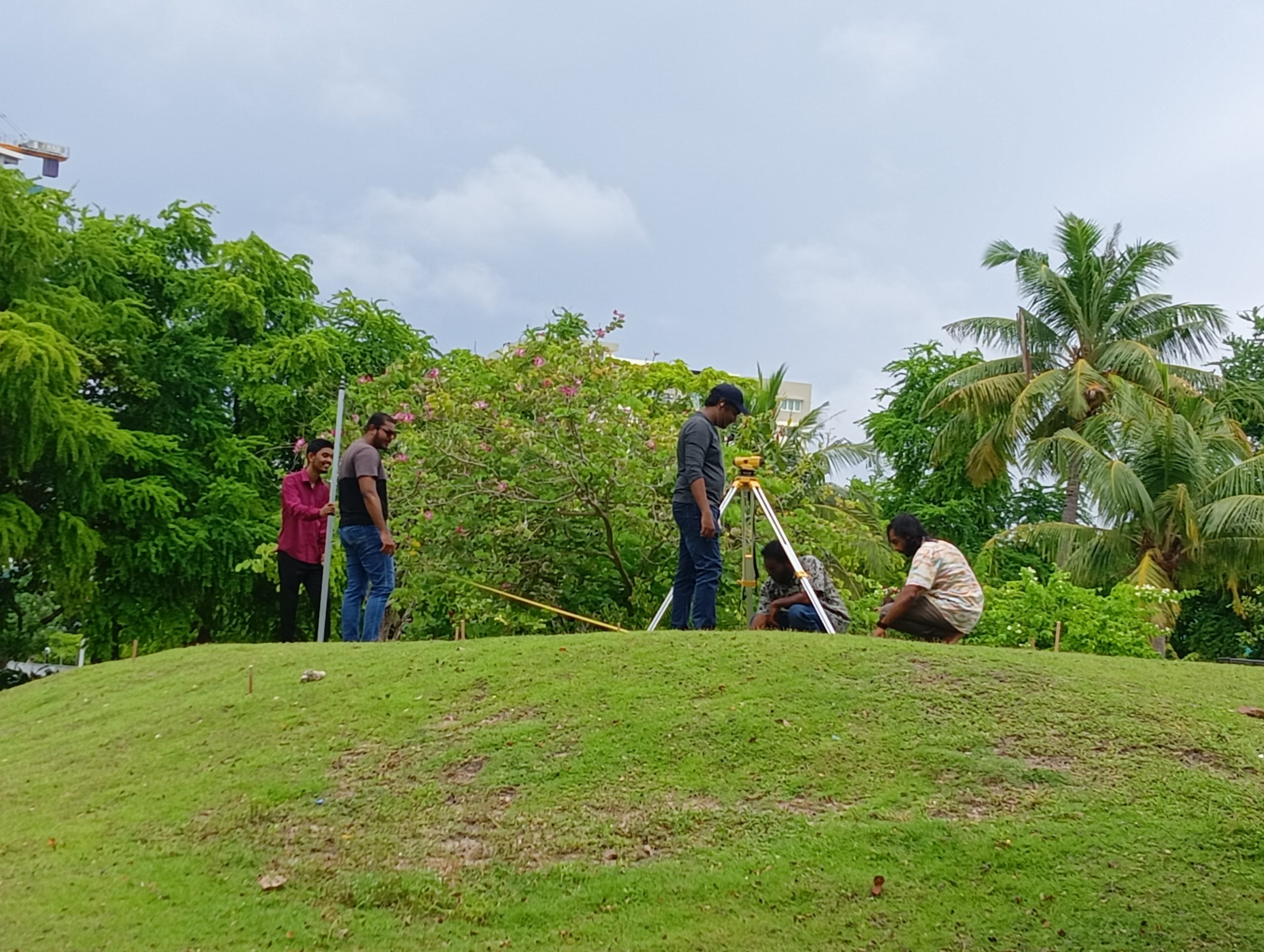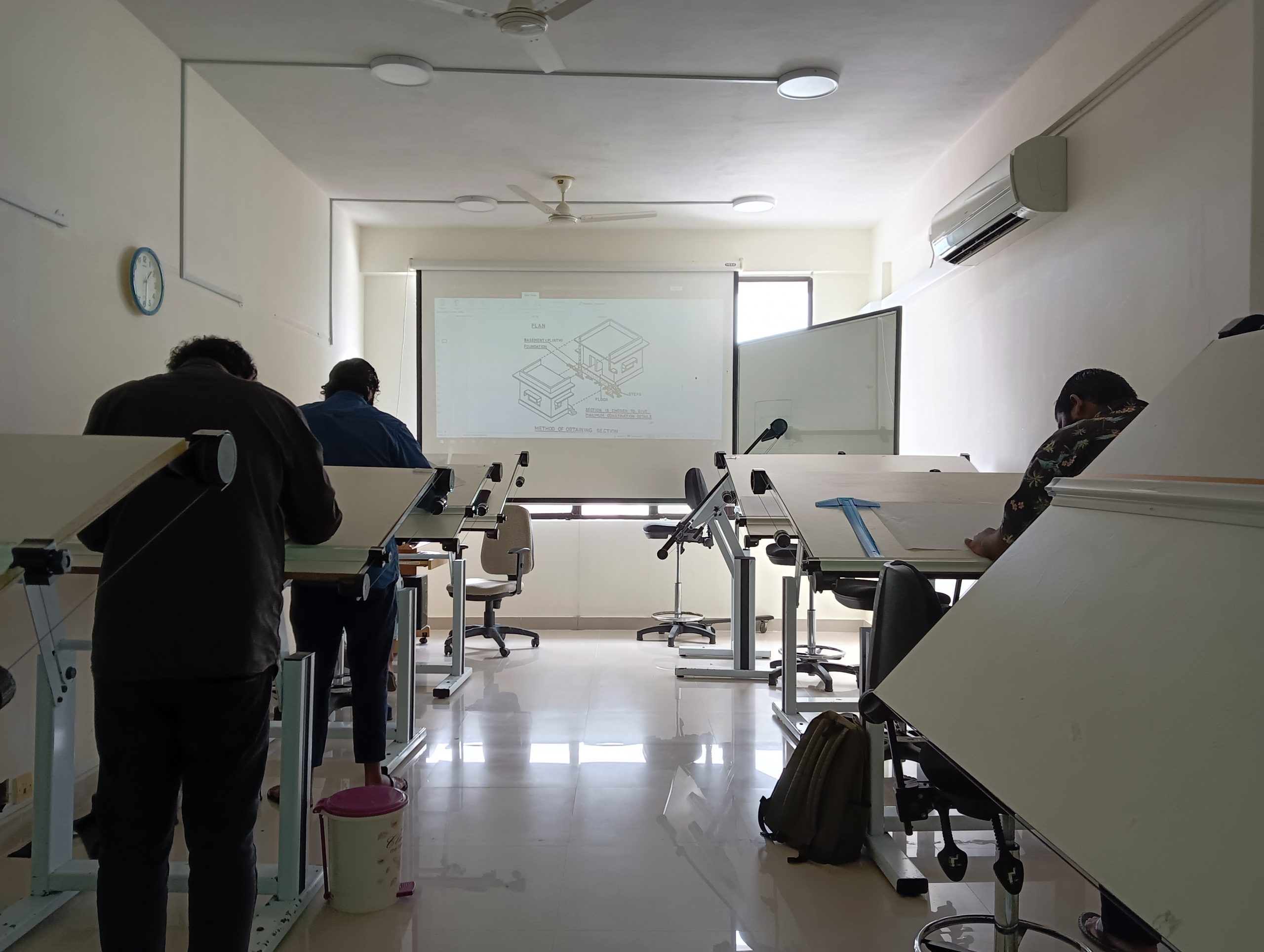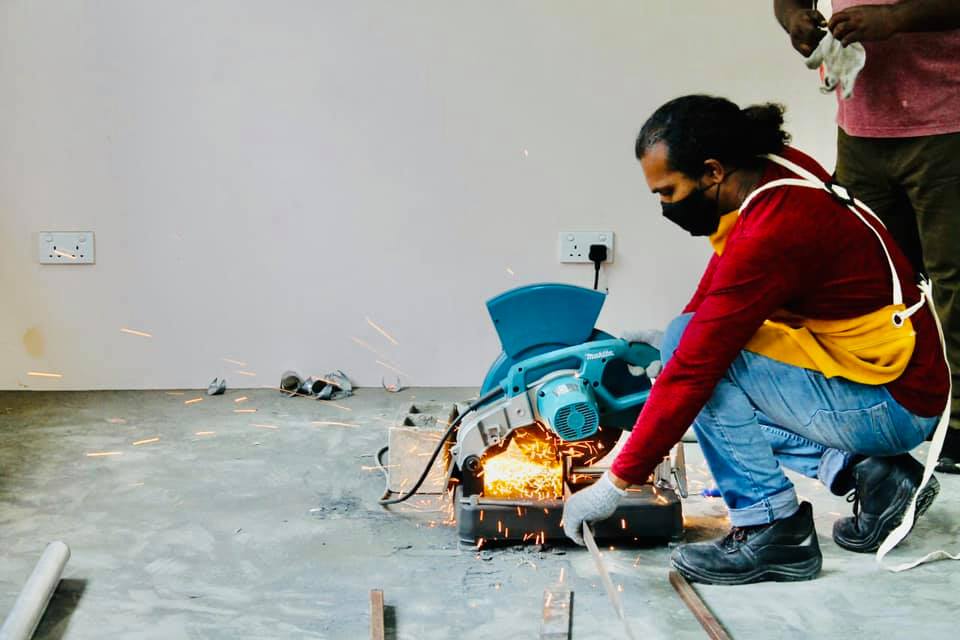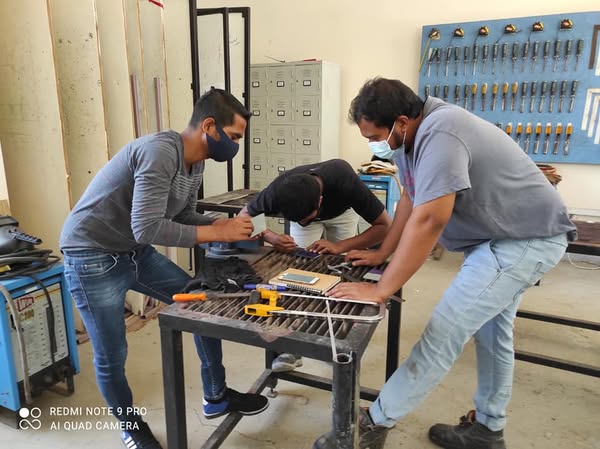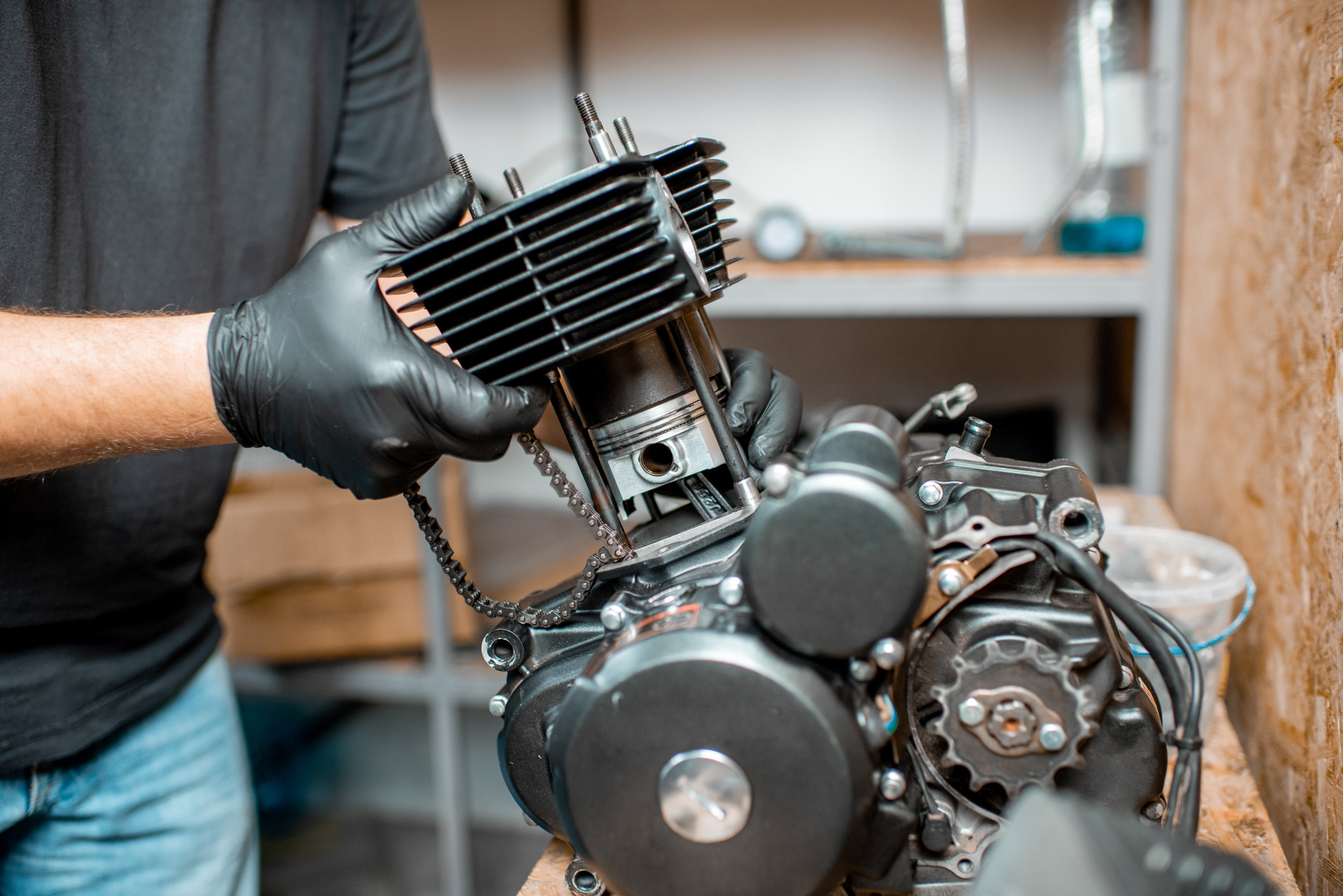We are pleased to welcome you to the facilities at the Faculty of Engineering, Science, and Technology (FEST). Our labs provide essential resources for students. Equipped with industrial hardware, software, and networking tools, these labs offer hands-on learning experiences that help students develop practical skills and prepare for real-world challenges.
The Computer and Network Labs support a variety of learning activities, including programming, network configuration, cybersecurity, and software development. Students have the opportunity to work with industry-standard tools and technologies, ensuring they are well-prepared for careers in the fast-paced tech world. Whether collaborating on group projects or working on individual assignments, these labs foster innovation, teamwork, and problem-solving skills.
Our architectural studios foster creativity and design thinking. Equipped with the latest software and drafting tools, architecture students can explore and develop their design ideas. The studios provide spaces for hands-on projects from initial sketches to 3D modelling and rendering, helping students bring their architectural concepts to life. Students can collaborate with peers, receive feedback from faculty, and refine their designs, preparing them for successful careers in architectural practice.
Explore how our labs and studios can enhance your academic journey and equip you with the skills and knowledge necessary for success in your chosen field.
